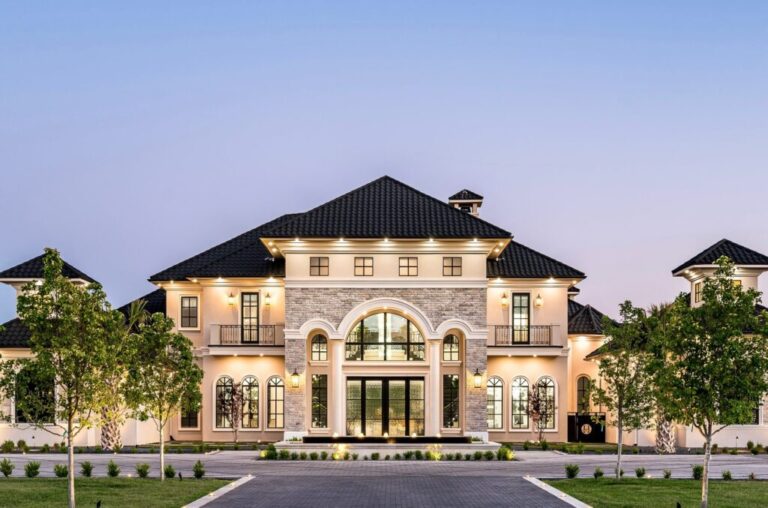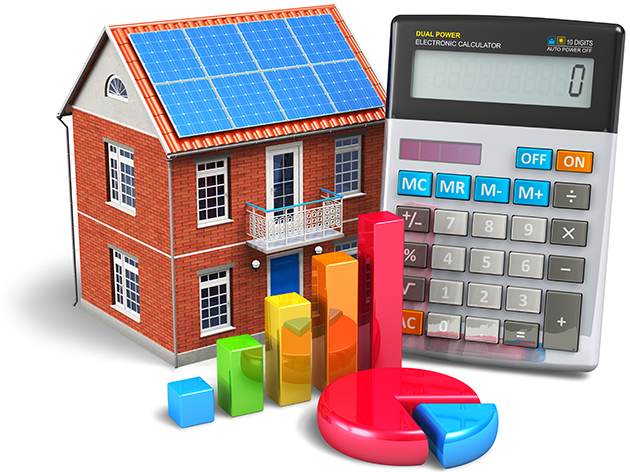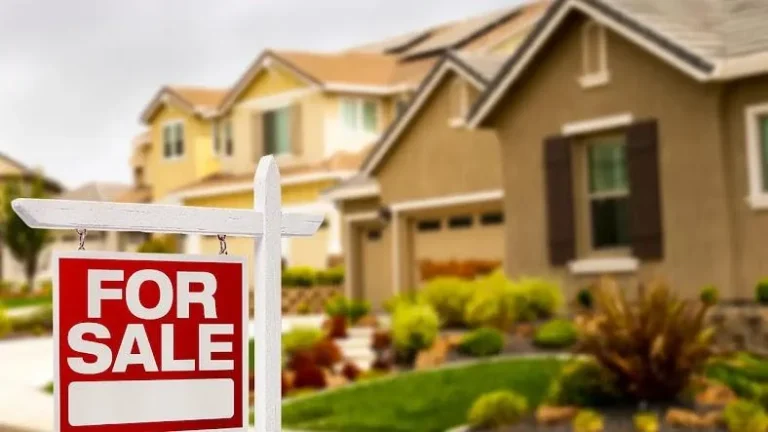It was a quiet Sunday afternoon, and I was sitting at the kitchen table, sorting through a pile of bills, when my husband casually asked, “Have you ever thought about paying off our mortgage early?” I looked up from the paperwork, intrigued but sceptical. Sure, we had talked about how great it would feel to own our home outright, but with a 30-year mortgage stretching out ahead of us, it seemed like a far-off dream. Then he mentioned something a coworker had told him—if you pay just two extra mortgage payments a year, you could save thousands of dollars in interest and cut years off your loan term. The idea was tempting. Could something as simple as making two extra payments make that big difference? I decided to investigate and found that this strategy isn’t just practical—it could save us tens of thousands of dollars. This article will explore what happens if i pay 2 extra mortgage payments a year how it works, and how much you can save over time.
How Extra Mortgage Payments Work
When you take out a mortgage, your monthly payment is divided into principal and interest. The principal is the amount you borrowed to buy the home, while the interest is what the lender charges you for lending the money. In the early years of a typical 30-year mortgage, most of your monthly payment goes toward interest, with only a tiny portion reducing the principal balance.
Making extra mortgage payments works by directly reducing your loan’s principal balance, which reduces the interest you owe over time. Each time you make an additional payment toward your principal, you decrease the loan balance, which means the interest charged in future payments will be lower. Over time, this can significantly reduce the total interest paid and shorten the length of the mortgage.
The Impact of Two Extra Payments Per Year
Let’s examine what happens if i pay 2 extra mortgage payments a year. For this example, we’ll assume you have a $300,000 mortgage with a 4% interest rate and a 30-year term. Your monthly payment (excluding taxes and insurance) would be approximately $1,432.
If you make two extra payments of $1,432 per year (a total of $2,864 in additional payments annually), here’s what happens:
- Save Thousands in Interest
By making two extra payments a year, you can significantly reduce the amount of interest paid over the life of the loan. In this scenario, you would save around $35,000 in interest payments throughout the mortgage. That money would have otherwise gone to the lender for the privilege of borrowing.
According to Bankrate, even a modest reduction in the mortgage principal can result in significant interest savings. Making extra payments early in your mortgage term is especially effective because you are chipping away at the balance when the interest portion of your payments is still relatively high (1).
- Pay Off Your Mortgage Sooner
Making two extra payments each year will also shorten the term of your mortgage. With a $300,000 mortgage at 4% interest, you could pay off your loan six years earlier than the original 30-year term. Instead of taking 30 years to pay off your home, you would be mortgage-free in just 24 years.
A report by Freddie Mac notes that extra payments can help homeowners build equity faster, which can be a powerful financial tool if they decide to sell or refinance their homes down the road (2). By reducing their loan balance quickly, they gain more property ownership earlier.
How to Make Extra Mortgage Payments
If you’re considering making extra mortgage payments, knowing the best strategies to ensure those payments go toward the principal and not just future interest payments is essential. Here are a few ways to structure your extra payments:
- Lump-Sum Payments
One approach is to make one or two large lump-sum payments toward your mortgage principal each year. You could use your tax refund, a work bonus, or extra savings to make these payments. Just notify your lender that these payments should be applied directly to the principal balance.
- Biweekly Payments
Another popular strategy is to switch from monthly payments to biweekly payments. In this setup, you make half your mortgage payment every two weeks. Because there are 52 weeks in a year, this results in 26 half-payments or 13 total monthly payments—essentially one extra payment per year. You could make additional biweekly payments when possible to achieve two extra payments.
Biweekly payments can be easier to manage for some homeowners as they align with many people’s pay schedules. This allows them to chip away at their mortgage without feeling the impact of large lump sums.
- Adding a Little Extra Each Month
A third option is adding a small amount to your monthly payment. For example, if your mortgage payment is $1,432, you could round it up to $1,600 monthly. Over the year, those extra funds will add up to more than two additional payments, allowing you to make a significant dent in the principal.
Factors to Consider Before Making Extra Payments
While making extra payments can be an excellent strategy for paying off your mortgage faster, there are a few factors to consider before implementing this approach:
- Check for Prepayment Penalties
Some mortgages have prepayment penalties and fees if you pay off your loan early or make large extra payments. These penalties are less common today but still exist in some loans, particularly in the first few years of the mortgage. Check your loan agreement or ask your lender if any prepayment penalties apply.
- Ensure Extra Payments Are Applied to the Principal
When making extra payments, it’s crucial to ensure they’re applied to the principal balance of your loan, not just toward future interest or monthly payments. Some lenders automatically apply extra payments toward the next month’s fee unless you specify otherwise. Contact your lender and clarify that any additional payments should go directly to reducing the principal.
- Opportunity Cost
While paying down your mortgage early can be financially rewarding, it’s essential to weigh this decision against other financial goals. For instance, paying off high-interest debt (such as credit cards) might make more sense before focusing on your mortgage. Similarly, if you can earn a higher return by investing the extra money elsewhere (e.g., in the stock market), that could be a better use of funds.
A study by Investopedia suggests that paying off your mortgage early can be a smart move if you’re nearing retirement or want to minimize financial risks. Still, it’s only sometimes the best strategy for everyone, especially if you have other pressing financial needs (3).
How Much Can You Save Over Time?
Let’s look at another example to give you a clearer idea of the potential savings. Suppose you have a $250,000 mortgage with a 4.5% interest rate on a 30-year term. Your regular monthly payment would be around $1,267.
- If you make two extra payments each year ($2,534), you would save approximately $30,000 in interest and pay off your mortgage five years earlier than the original loan term.
- If you stick to your regular payments without any extra contributions, you will pay about $206,000 in interest over the life of the loan. By making extra payments, you’d reduce that interest amount significantly, freeing up those funds for other financial goals.
Real-Life Impact: A Personal Story
To illustrate the real-life benefits, let’s return to Sarah and Jason, who had a $300,000 mortgage with a 4% interest rate. After learning about the potential savings, they made two extra monthly payments, using their tax refunds and an annual bonus to cover the additional cost.
By the end of their first year, they noticed a decrease in their mortgage balance, and after three years of sticking to the plan, their balance had dropped faster than expected. They calculated they were on track to save nearly $35,000 in interest and shave off six years from their mortgage term. For them, making extra payments wasn’t just about saving money—it was about gaining financial freedom sooner and reducing the mental load of long-term debt.
Conclusion: Should You Make Two Extra Mortgage Payments a Year?
Making two extra mortgage payments a year can be an intelligent strategy for homeowners looking to save on interest and pay off their mortgage faster. With savings of tens of thousands of dollars and the possibility of becoming mortgage-free years ahead of schedule, it’s an option worth considering.
However, evaluating your financial situation, checking for any prepayment penalties, and considering whether paying off your mortgage early aligns with your broader financial goals is essential. For many, the peace of mind of being mortgage-free is priceless, but investing those extra funds elsewhere may provide greater returns for others. The choice is ultimately yours, but making extra payments is a powerful tool for those who want to pay off their home faster and save on interest.















